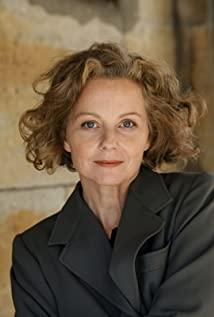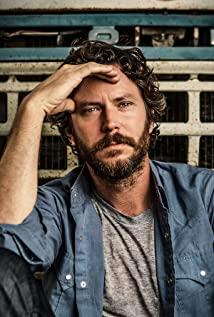Adam claims to create heaven for everyone, but he doesn't actually want to prevent the end from happening. He knew that Martha and his younger self in another world would have an unnamed child, who would then go on to do evil and lead to an endless cycle of family blood. His purpose is to tie the pregnant Masha directly on the day of the apocalypse, so that she can bear the power of the nuclear energy of the doomsday that occurs in two worlds at the same time, and die together with the child. When the child died, there would be no Tronte Nielson, there would be no Ulrich, there would be no Martha, Mikey, and Jonas. There would be no Adam and Eve. Everyone becomes a state that never existed. So to choose Adam is to choose death.
Eve is the opposite of him, she wants everyone to live, and she doesn't want to prevent the end of the world from happening. She knew she would have a nameless child with Jonas from another world, and in order for the child to survive, she had to continue the bloodline of sinfulness forever. So she arranged for her young self to rescue Jonas from another world at the end of the world, thus becoming pregnant with a child. Eve's philosophy is to always cycle fate, and everyone will exist. So to choose Eve is to choose to live.
And Claudia's final counter-kill is to let Adam and Eve understand that the two of you are one light and one dark, one for life and one for death. It is useless to oppose each other like this. Adam was hindered by Eve and could never achieve his goal of [all members disappear]; Eve would forever fall into the dead end of [all members circulation].
The two of them thought there were only two worlds, so they kept tearing at each other. Claudia's quest is to wipe out both worlds and return to the original world, where her own daughter Regina will not get cancer and will live a long life.
View more about Beginnings and Endings reviews











